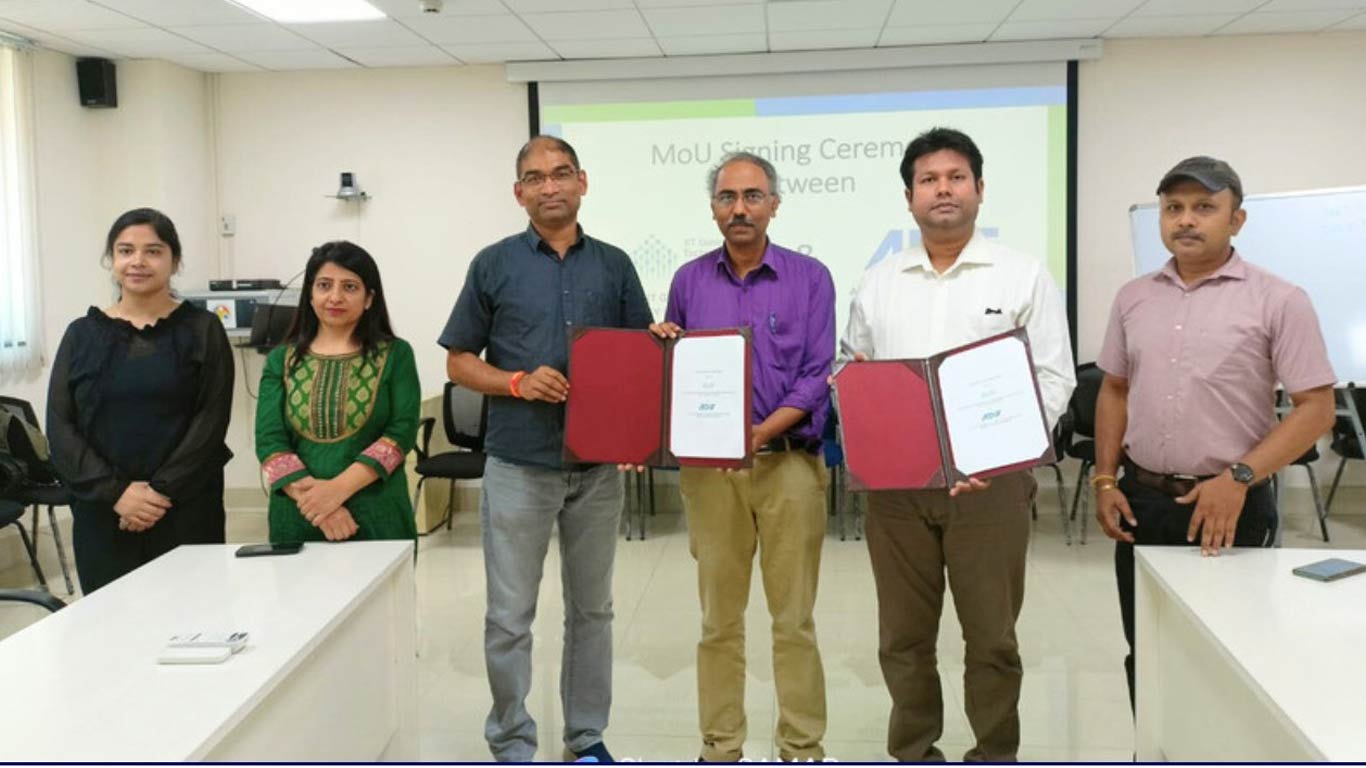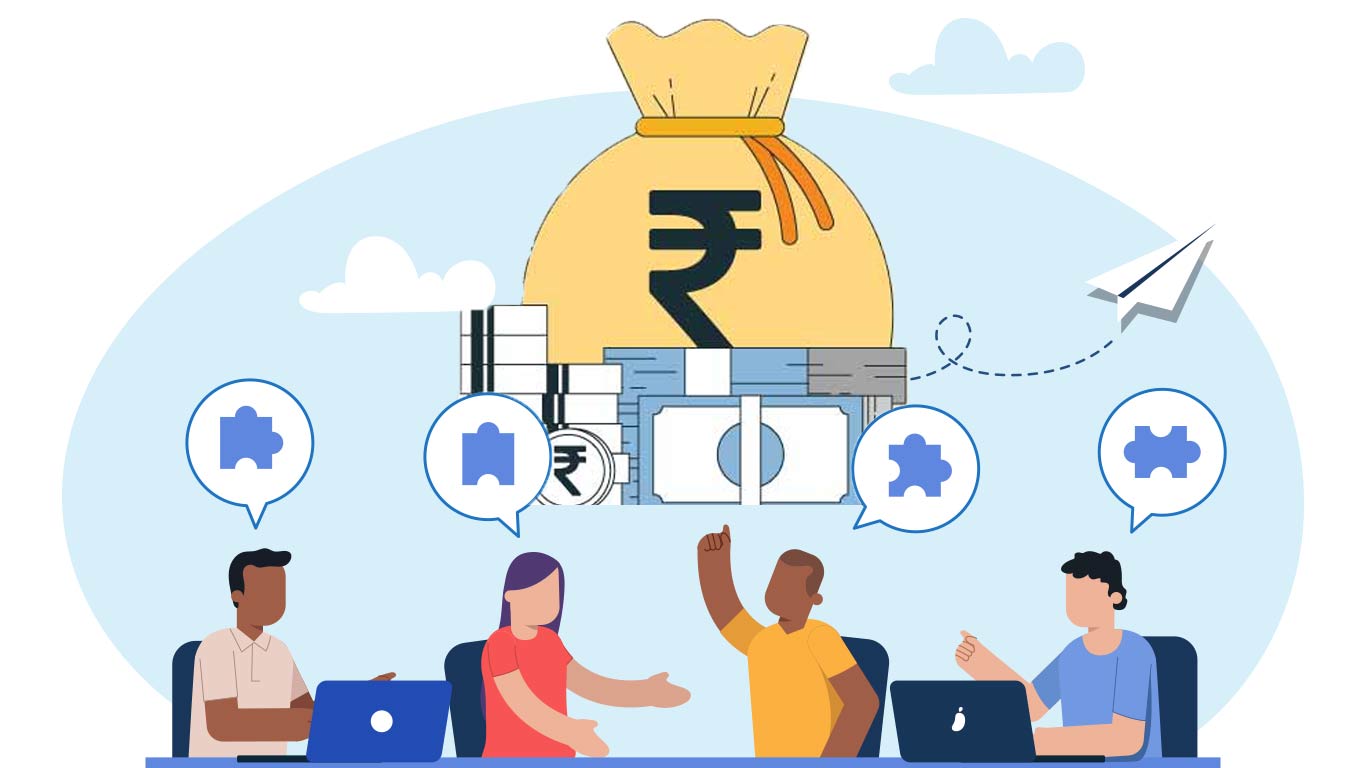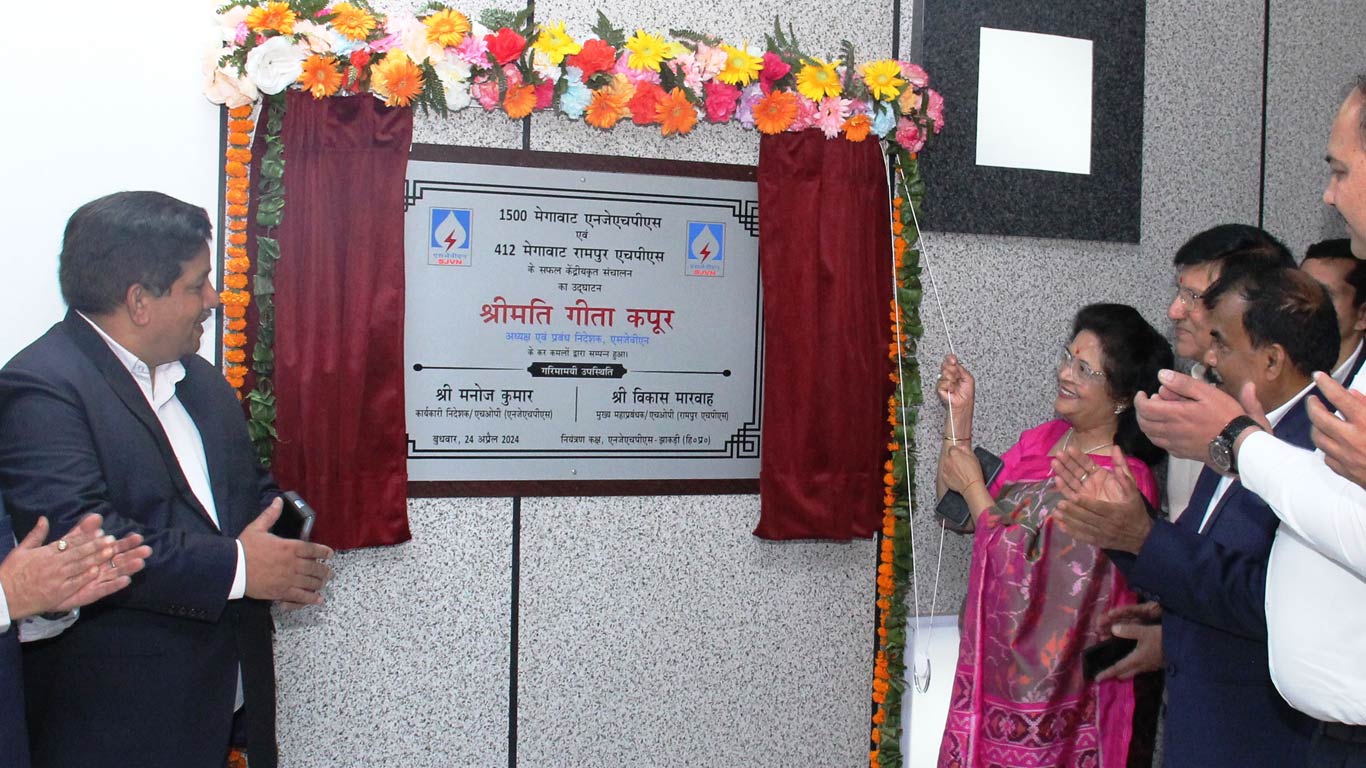CAIT urges Commerce Min not to sign RCEP on steel and allied products
Updated: Jun 22, 2019 07:23:12am

CAIT urges Commerce Min not to sign RCEP on steel and allied products
New Delhi, June 22 (KNN) In a meeting convened by Ministry of Commerce to discuss Regional Comprehensive Economic Partnership (RCEP) on Steel sector, the Confederation of All India Traders (CAIT) while submitting a memorandum called for India not to sign the RCEP as it will adversely affected steel trade & Industry in the Country.
In the presence of Union Minister of Commerce, Piyus Goyal, CAIT in its memorandum said that RCEP agreement will run against the interests of domestic manufacturing and trade and will also hit the economy to an extent.
It will damage India’s export competitiveness since the trade balance in the Country is already skewed to a greater extent. Therefore, India should not enter into any RCEP agreement on Steel and other allied products stated the memorandum, said CAIT.
Secretary General of CAIT, Praveen Khandelwal said, “RCEP, which is a larger free trade agreement would enable the RCEP Countries especially South Korea and China to flood their goods in the Indian market with relatively little advantage on the export front. India does not have trade agreements into effect with all countries involved in RCEP. It is most likely that RCEP could have a negative impact on sectors like steel, pharmaceuticals, e-commerce, food processing and several other sectors”
If the domestic industry is adversely impacted, the future of domestic traders is uncertain. It is quite likely that along with foreign (mainly chinese) manufacturers, chinese traders will also be making inroads into the Indian market. There has recently been huge increase in FDI in wholesale and multi-brand retail in India, he added.
Khandelwal pointed “The future of traders will become more and more uncertain and trading operation more controlled by foreign players as the imports increase as the foreign manufacturers are more comfortable with their own trading companies and China operates a lot through its own traders.”
It is to be noted that India has registered trade deficit in 2018-19 with as many as 11 RCEP member countries - including China, South Korea and Australia - out of 16 nations that are negotiating the mega trade pact since November 2012.
RCEP will lead to a zero-customs duty zone in a geography that contributes 34% of global gross domestic product (GDP) and 40% of world trade comprising almost half of the world’s population. Once the pact is enforced, India will give more market access to China, South Korea and other RCEP Countries and our trade deficit will increase further, said CAIT Secretary.
India’s trade deficit is very significant and a cause of major concern. In 2017-18, India exported goods worth $13.1 billion to China and imported goods worth $73.3 billion, creating a trade deficit of $63.1 billion. India has trade deficits with other RCEP nations, too, like, South Korea ($11.9 billion) and Australia ($10.2 billion) which is an alarming bell for the economy. (KNN/VS)











